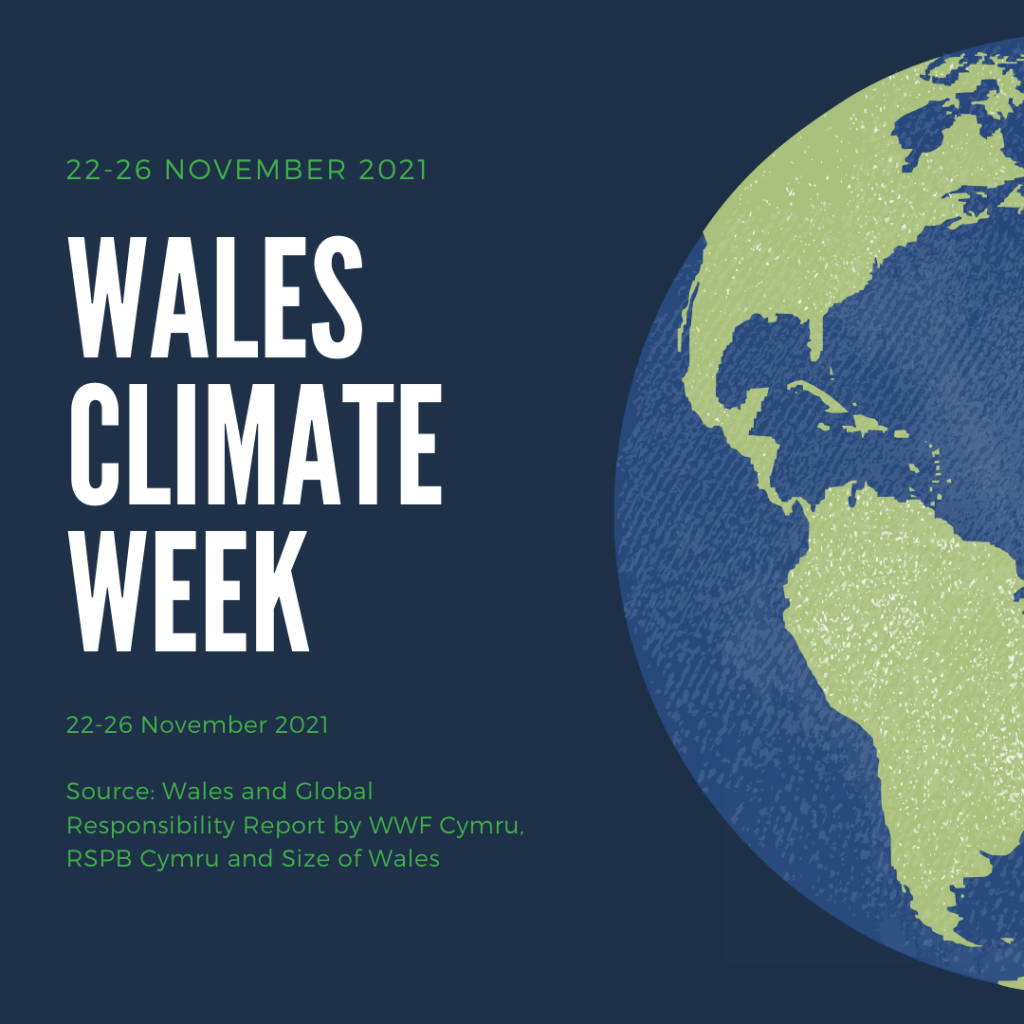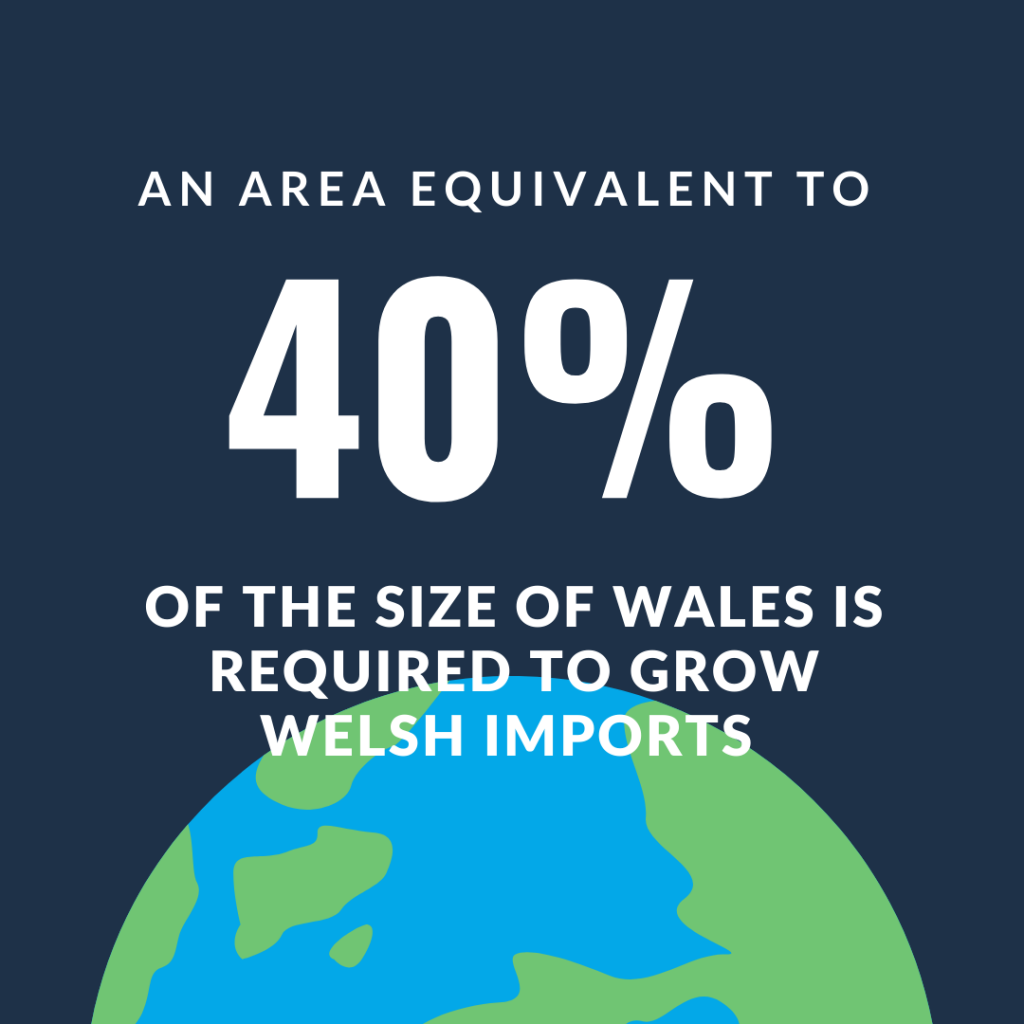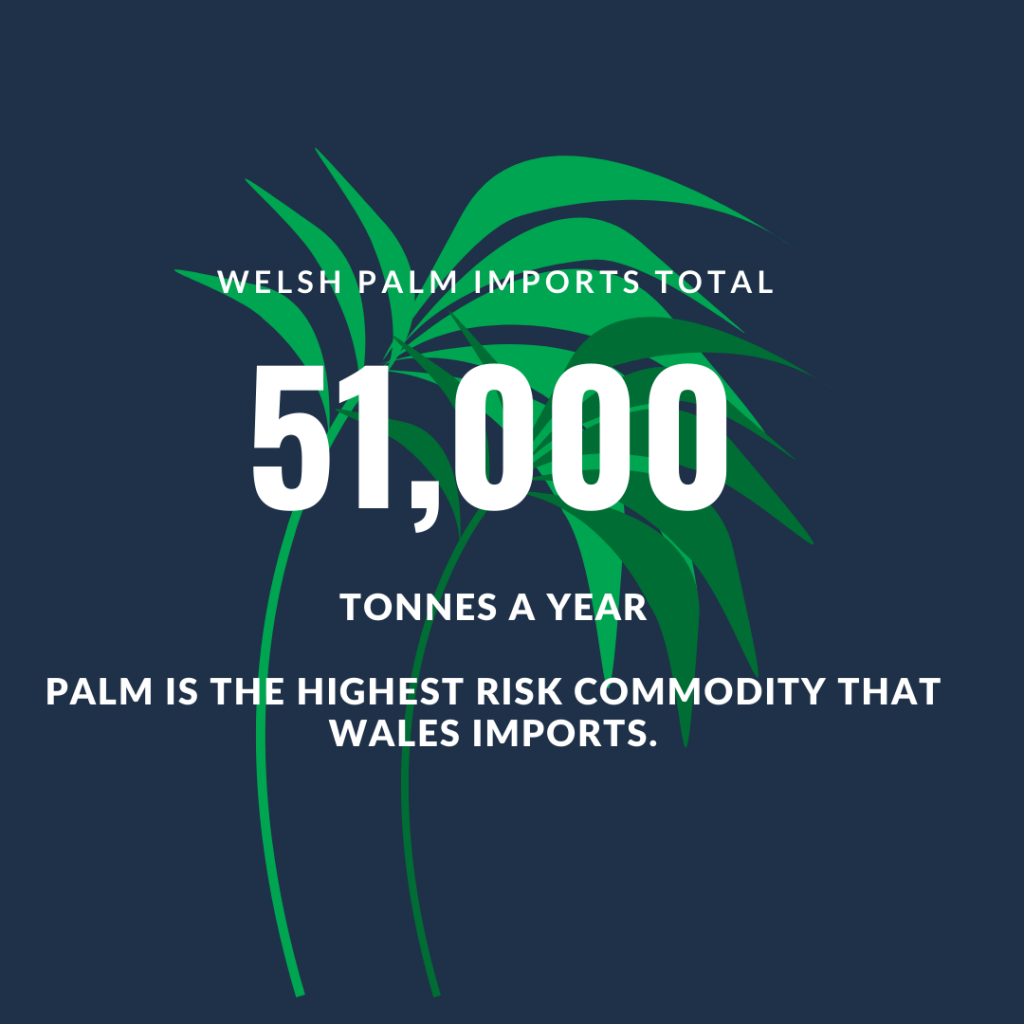Size of Wales charity will supply research to assist change in government procurement policy in an effort to end deforestation, ahead of Wales Climate Week

Size of Wales charity will now support the Welsh Government in changing their procurement policy to eliminate overseas deforestation, following successful campaigning at Cop26.
The Cardiff-based climate change charity will work alongside the government to ensure policy that involves obtaining the country’s goods and services through suppliers does not cause deforestation abroad.
A new report by WWF reveals an area equivalent to 40% of the size of Wales (823,000 hectares) was required to grow Welsh imports such as palm, beef, soy, timber and cocoa between 2011 and 2018.
Communications and marketing manager for Size of Wales, Jamie Green, argued there is no path for the pledged 1.5C limit to global temperature increases without first dealing with the deforestation crisis.
“We’ve already lost 20% of the Amazon, and if we lose 5% more, then the Amazon won’t be able to sustain itself properly,” he said.
He added, “We want to work alongside the Welsh Government now to make sure the change happens by offering support, advice and analysis and anything else we can do to make it happen.”
During Wales Climate Week, 22-26 November, the charity will promote the voices of Welsh Youth Climate Ambassadors, and indigenous voices from the frontline of deforestation, in an effort to aid research for the new procurement policy.

With a £7 billion procurement budget, it will take some time to look through all of the procurement practices and supply choices. On a national level, this includes investigating the goods schools buy, and implementing labels in supermarkets so consumers are more aware, Jamie said.
“We want to work with all parties now to make sure we can take on this historic bit of work and make it a reality,” the 31-year-old said.
We want to work will all parties now to make sure we can take on this historic bit of work and make it a reality
In addition, the charity will soon publish a toolkit for private sector organisations to help monitor supply chains to eliminate forest footprint.
Quick facts about Welsh imports:
Soy:
- 190,000 tonnes a year imported with 59.1% of imports in the form of meal and beans for livestock feed.
Palm:
- 51,000 tonnes a year imported with 53% of imports in the form of palm kernel expeller and oilcake, an ingredient in livestock feed. In addition, 27% of palm imports are used in processed foods and personal hygiene products such as soap.
Beef:
- 12,000 tonnes a year imported, making up 5% of the UK’s total beef imports, which is comparatively high considering Wales’ small population compared to the rest of the UK. Wales also has the highest level of corned beef consumption.
Timber:
- 768,000 m3 of raw wood material equivalent imported a year with 27% of imports in the form of fuel wood. Timber accounts for the largest land footprint as the average land area required is 184,400 hectares.
Cocoa:
- 15,000 tonnes a year are imported mainly in the form of chocolate (38%) instead of raw cocoa beans (31%).
Source: Wales and Global Responsibility Report by WWF Cymru, RSPB Cymru and Size of Wales



